The Reach
On The Reach blog, we highlight individuals and organizations from MFF’s network who are tackling some of today’s biggest challenges. In our bimonthly newsletter, also called The Reach, we share these posts and other resources in order to create an ongoing conversation with our readers. Check out our email campaign archive here and subscribe below to keep up with our latest news.

MAP Reflections: Reskilling workers with Jaylen Hackett
MAP Fellow Jaylen Hackett writes about his site visit with his MAP Mentor, Dr. Angela Jackson. The site visit is a core component of the program.
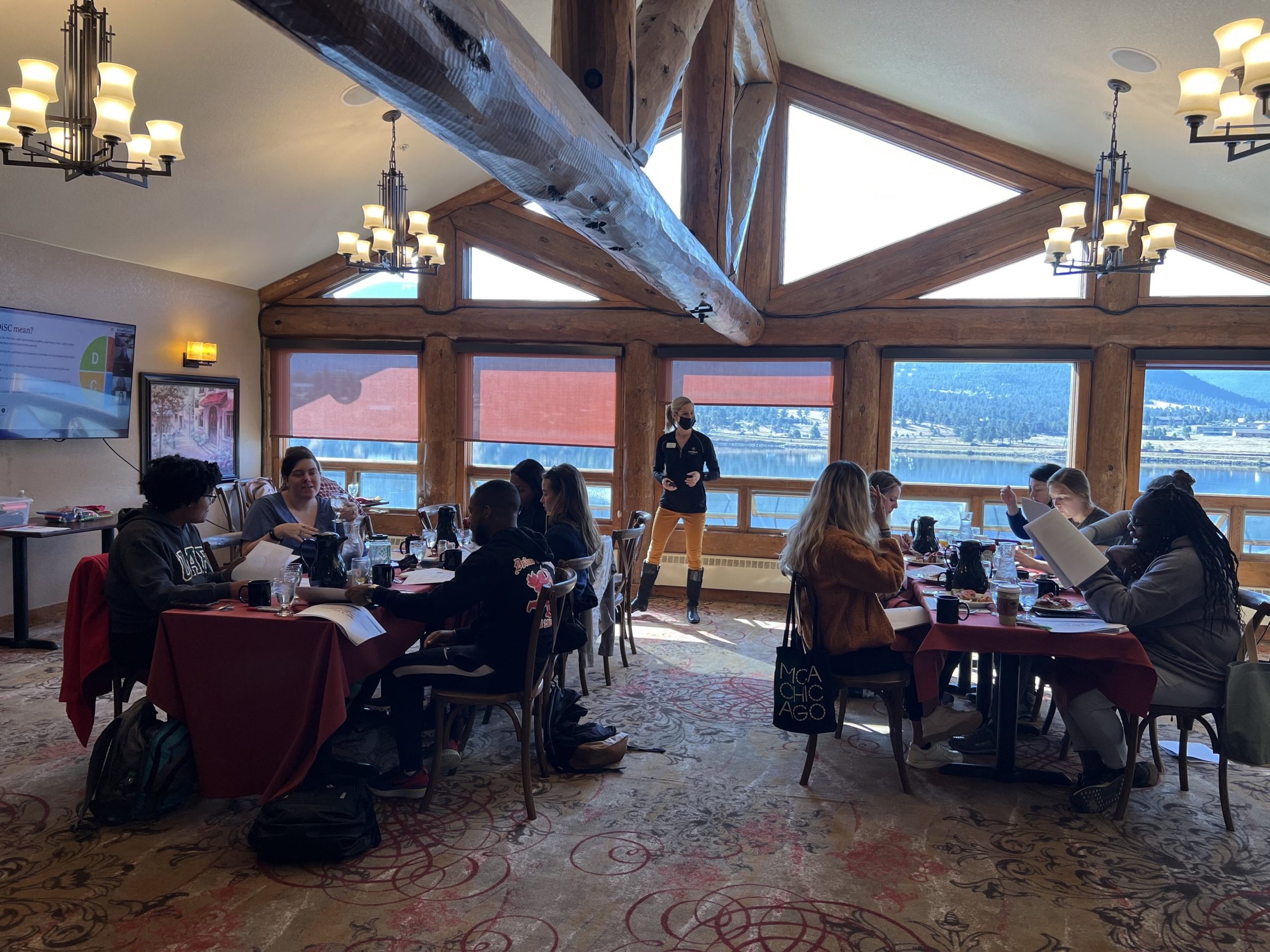
MAP Reflections: How to take advantage of the incubator model
MAP Fellow Allison Quintanilla Plattsmeir talks about how to take advantage of the incubator model.

Closing the opportunity gap in rural America
Why is data, and the ability for it to be visualized, so important and how will it help unleash the potential of rural places?
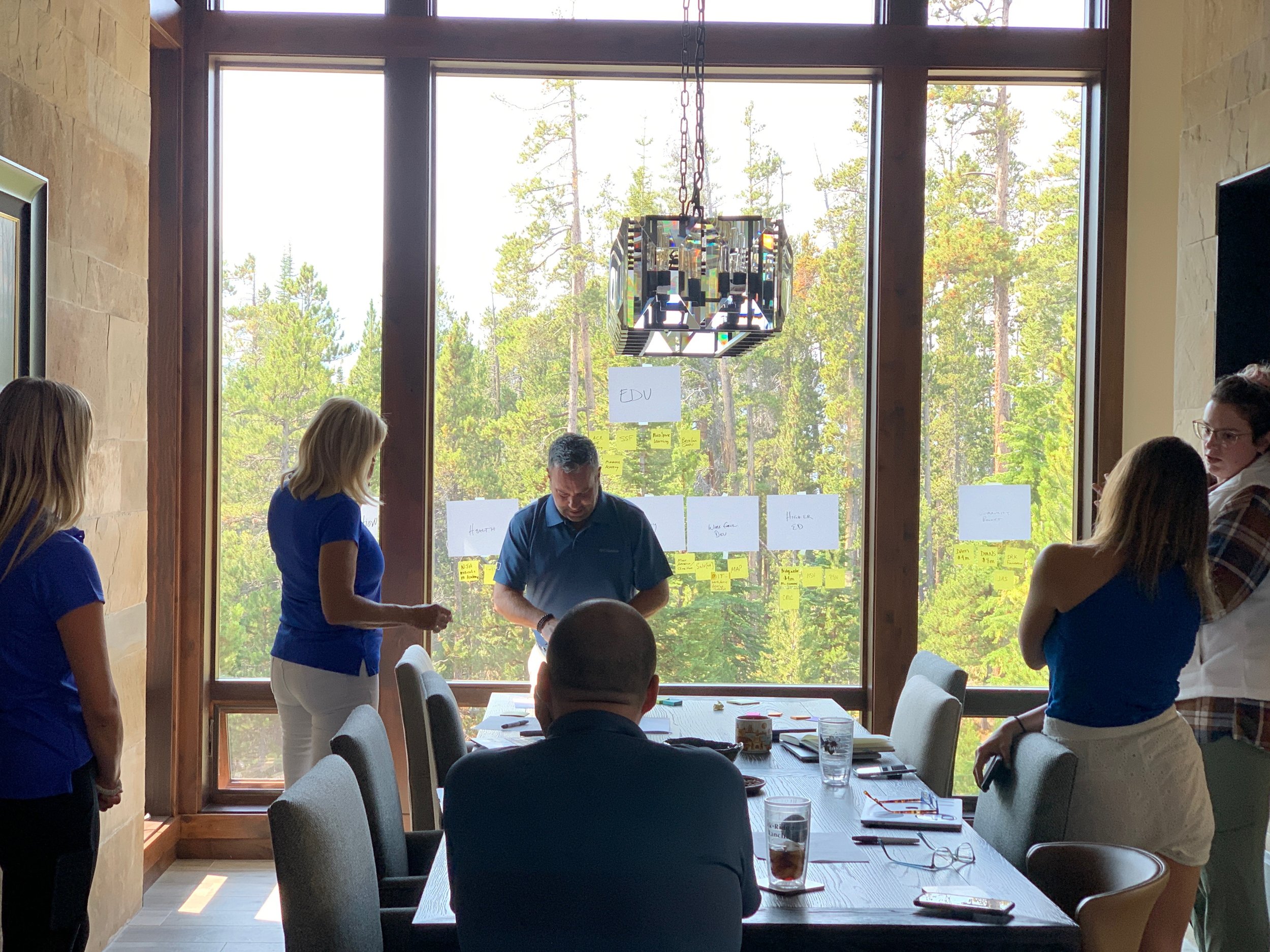
New Year, New Evaluation: Ten mistakes to avoid
Ten tips that will help you to save time, money and your sanity as you measure the impact of your programs and services.

Leveraging Gen Z’s zeal for sustainability
MIT MBA student Shravya Desai aims to inspire her generation to take the responsibility and action regarding sustainability. We met her through MIT Solve[Ed].

Meet the National Jewish Health Morgridge Fellows
Today, there are more than 700 former Morgridge fellows practicing worldwide, thanks to the Morgridge Fellowship Program at National Jewish Health. Meet two new fellows here.
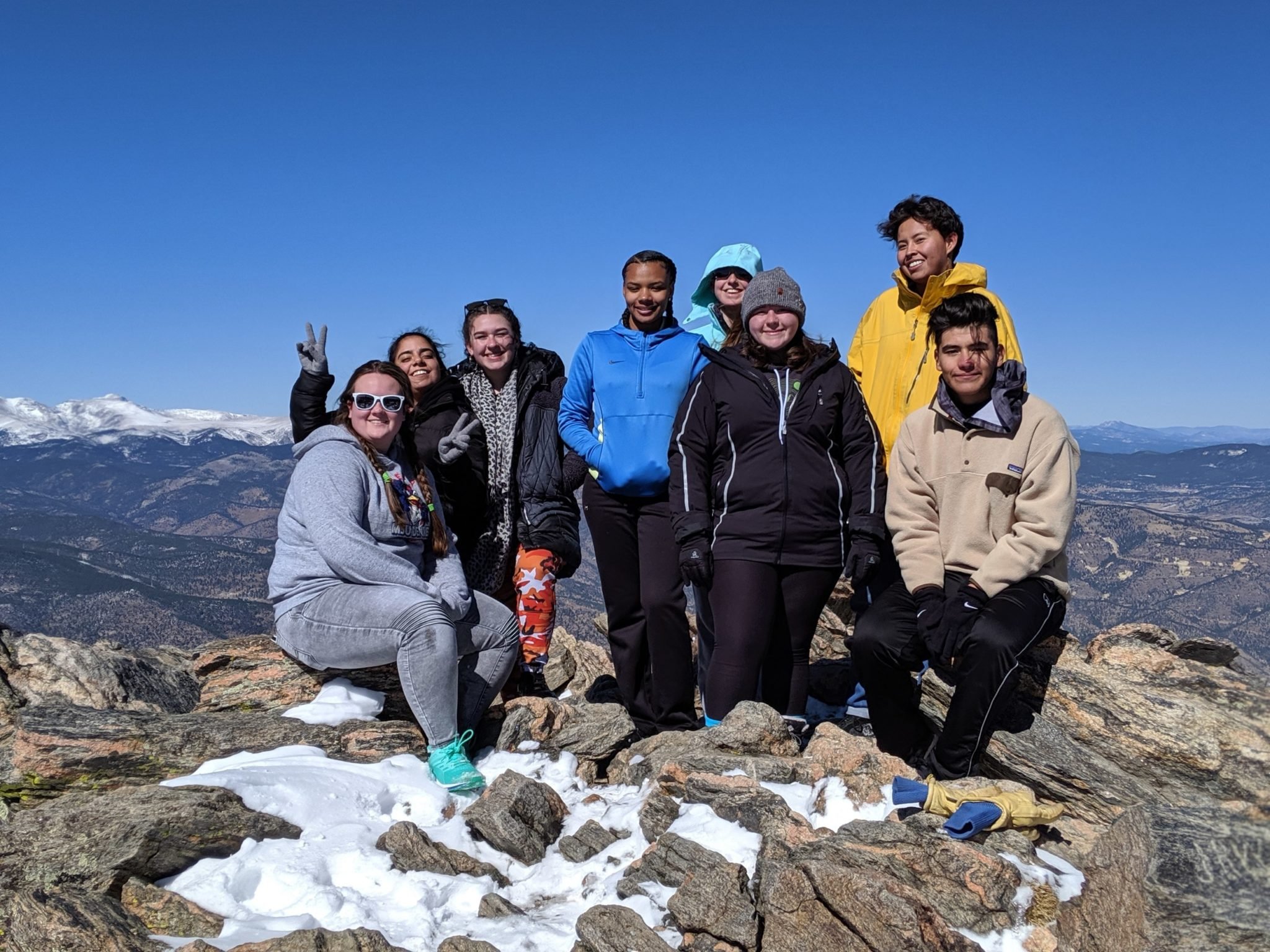
Fostering potential with Epic Scholars
Epic Scholars at Metropolitan State University in Denver receive a wide range of services, from financial and academic help to emotional support and mentorship.

Making life better for veterans
One of the ways we can thank our veterans is by raising awareness about the unique challenges they may face during their reintegration into civilian life.

The 4-1-1 on MAP Project48
MAP Project48 is a two day, social impact hackathon. It’s like Shark Tank meets Oprah’s Big Give meets The Amazing Race.

Child welfare and institutional review boards: The what, why and how
The 2018 Family First Prevention Services Act requires that child welfare funding be tied to the quality of impact data that programs collect.

Five things about Gen Z your nonprofit needs to know
Nonprofit organizations need to “understand the assignment” when it comes to building relationships with Gen Z.

The art of pivoting
The main goal of a pivot is to improve revenue or survive in the market. But the way you pivot your business can make all the difference.
![Announcing the Solv[ED] Youth Innovation Challenge](https://images.squarespace-cdn.com/content/v1/679a84e2f30b4447fcc25171/6f8cf2e1-f2f3-483c-93b2-560b8512e1b6/mimi-thian-slWBjTGhREQ-unsplash-scaled.jpg)
Announcing the Solv[ED] Youth Innovation Challenge
MFF’s newest partnership with MIT Solve is Solv[ED], which will inspire people 24 and under to solve problems in their communities.

How to communicate with funders like a pro
What do your funders want to hear from you and how can you nail communication with them, every time? We’ve got you covered with seven tips.
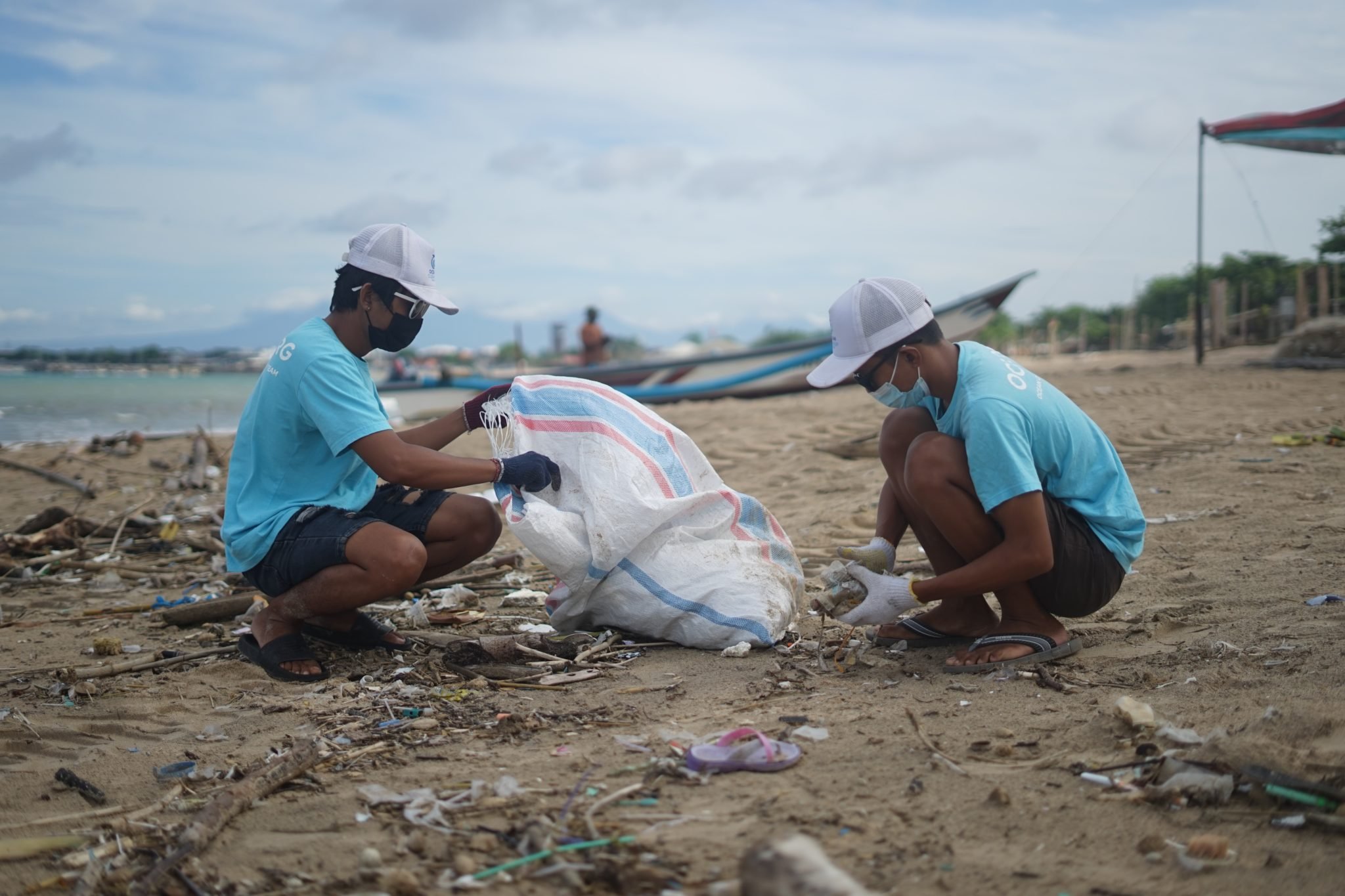
Do good, feel good
Research shows that feel-good hormones and brain activity spike after just two or three hours of volunteer activity.

ProFellow: An inside look at the MAP Fellowship experience
MAP Mentor Dani Hedlund sat down with our friends at ProFellow to talk about what inspired her to participate and what she gained from the experience.
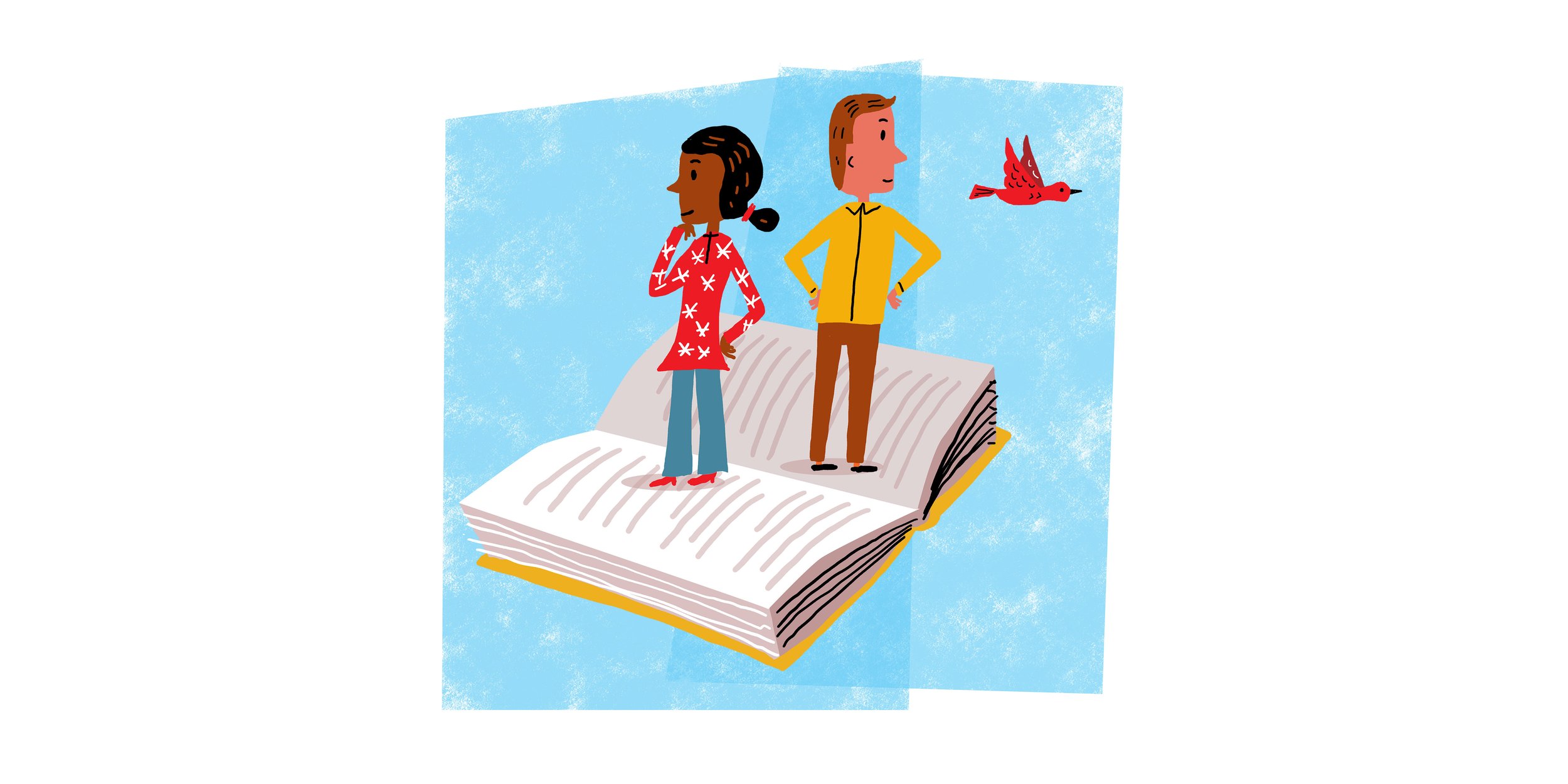
So, you want to be a MAP Fellow?
Being a member of the MAP Fellowship community is a powerful and rewarding experience. It’s also hard work and a lot of fun! Here’s how you can build the strongest application.
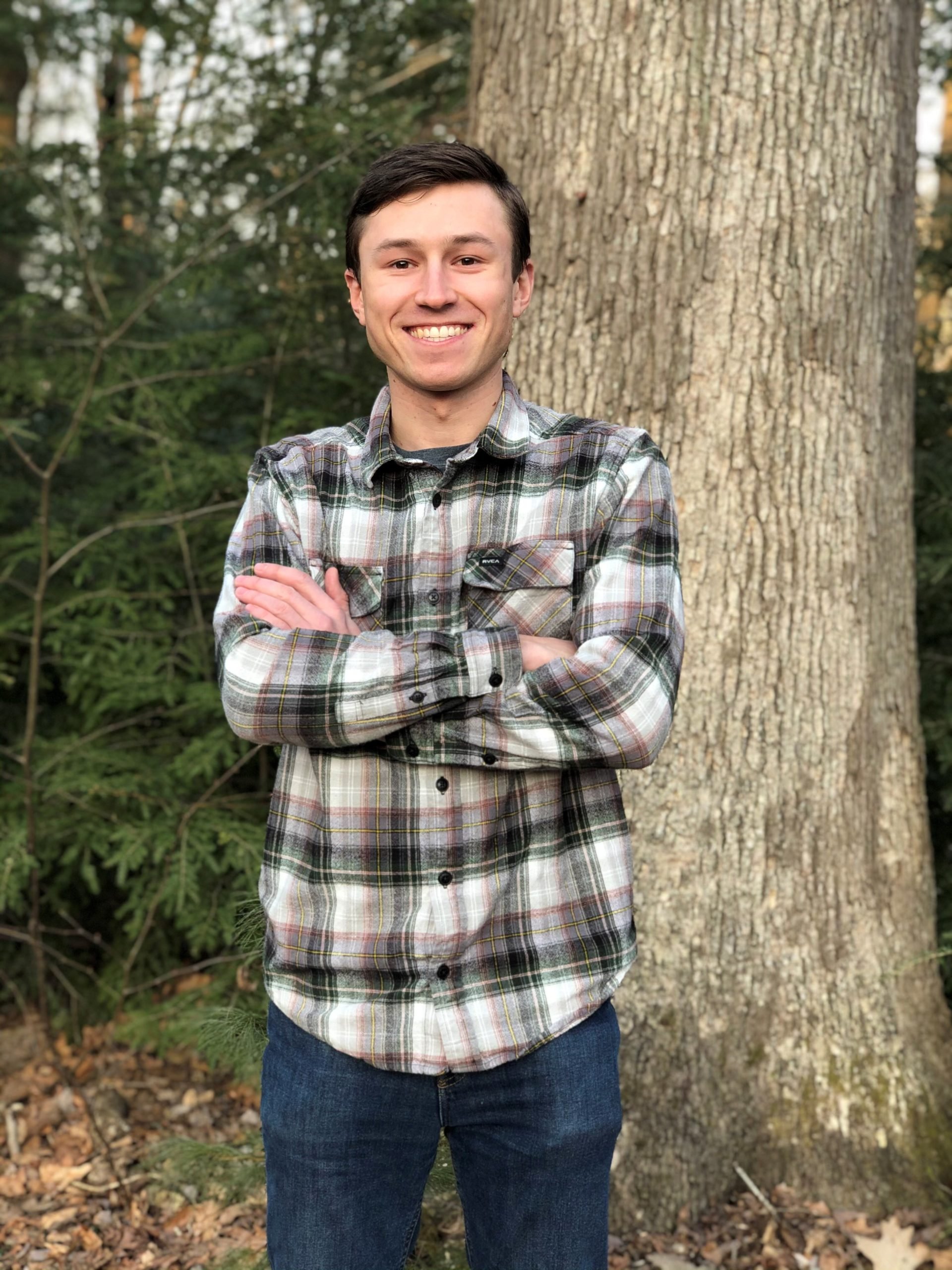
Leaving a legacy in conservation with Dennis Lyamkin
Meet Dennis Lyamkin, the MFF Land Stewardship Fellow at Colorado Open Lands, a nonprofit that protects the state’s natural resources in partnership with landowners.
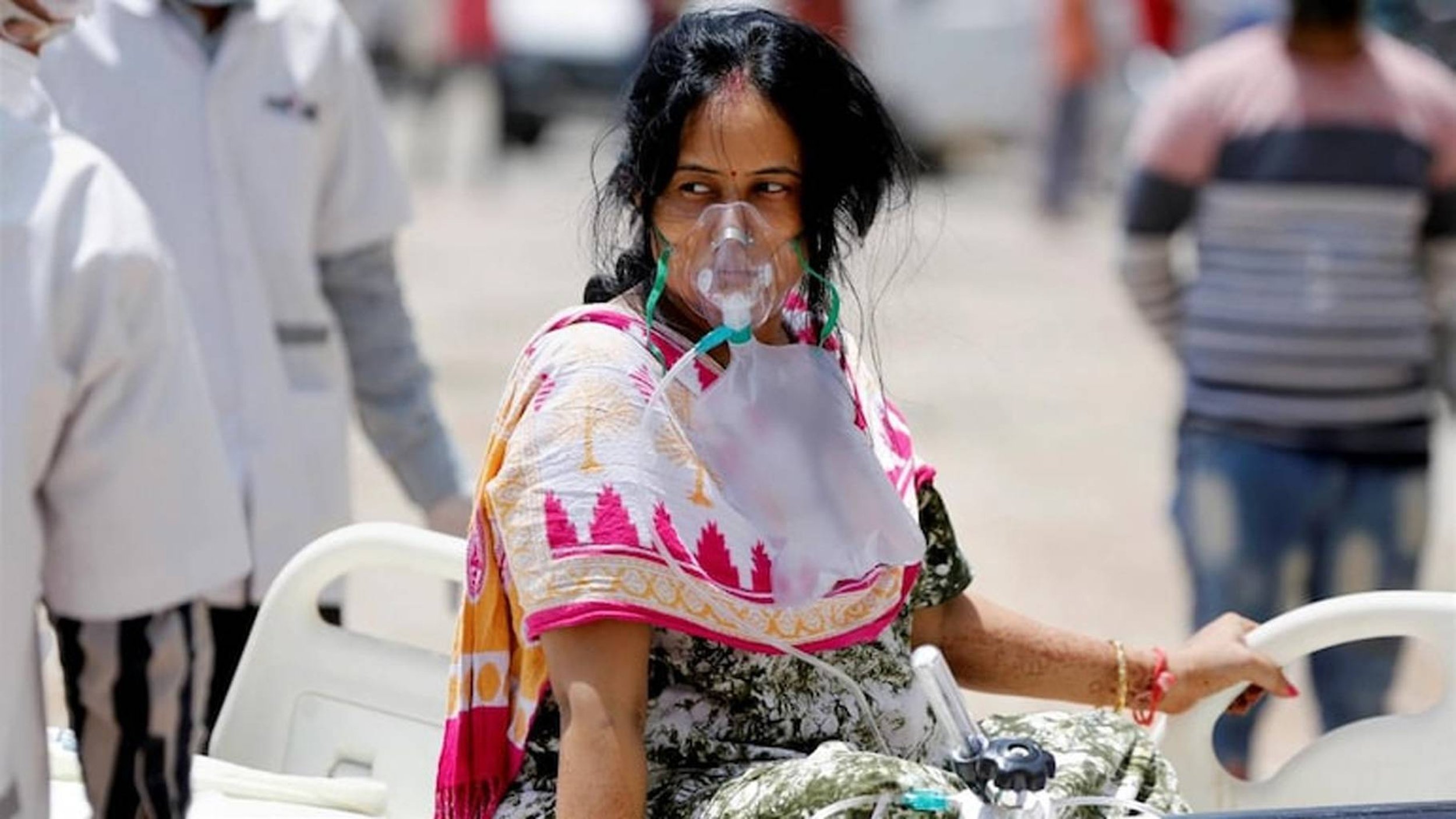
India Needs Oxygen: A story of networks and impact
MFF is helping rally support for India, where COVID cases are skyrocketing and the supply of life-saving oxygen is dangerously low.
![Introducing Solv[ED]](https://images.squarespace-cdn.com/content/v1/679a84e2f30b4447fcc25171/e2448159-d827-44d5-8c88-0e38ec6e6ef1/alexis-brown-Xv7k95vOFA-unsplash-scaled-e1619819181389.jpg)
Introducing Solv[ED]
Solv[ED] prioritizes experiential learning, personal development, accessibility, and community-building among young problem solvers.
